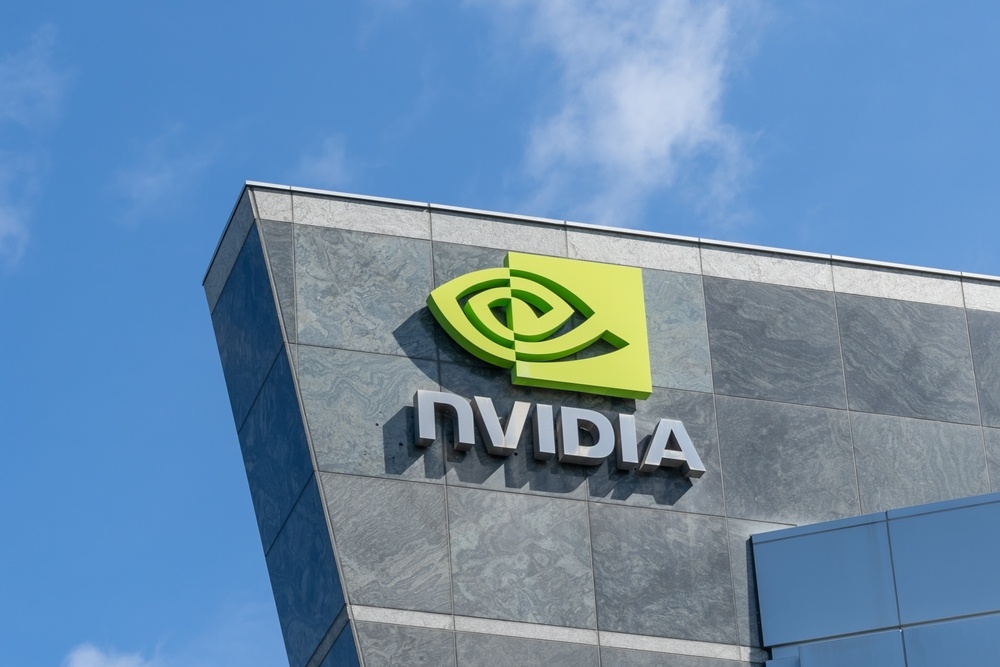The AI technology gap between the United States and China widens, and Huawei's AI chips can't catch up with Fuida?

Huawei is affected by sanctions and its technology is stagnant
According to Bloomberg, Huawei is currently designing two Ascend series processors in the hope of challenging NVDA's dominant position in the AI chip market. However, due to the U.S. government's technological sanctions on China, Huawei was unable to purchase extreme ultraviolet (EUV) lithography equipment from Dutch semiconductor equipment manufacturer ASML, resulting in its wafer process being limited to 7 nanometer technology.
This means that until at least 2026, Huawei's AI chip technology will continue to rely on old processes, making it difficult to narrow the gap with leading companies such as Huida. Not only that, Huawei's Mate series of smart phone processors have also been similarly affected.
The AI technology gap between the United States and China widens
Huawei's limited technology further highlights the disadvantages of China's AI technology in global competition. The report mentioned that by 2025, TSMC will begin mass production of 2 nanometer process chips, and 7 nanometer technology is three full generations behind 2 nanometer. TSMC has become a wafer foundry partner for companies such as Vitek and Apple, helping these companies maintain their technological leadership.
Viida's latest AI chip "H100" uses TSMC's N4 process, which is an improved version of 5 nanometer technology. Compared with Huawei's current 7 nanometer technology, it has more than a generation of technological advantages.
TSMC informs Huawei about chip use control technology
Market rumors point out that Huawei's latest AI server chip "Ascend 910B" may violate the U.S. export ban because it uses TSMC's regulatory technology. At the end of October, technology research institution TechInsights disassembled the chip, confirmed that it contained chip components manufactured by TSMC, and notified TSMC before releasing the report. TSMC then reported the situation to the U.S. Department of Commerce to ensure legal compliance. According to Reuters, the Ascend910B is the most technologically advanced product in China's AI chips and is regarded as an alternative to the Vitek A100.
Disclaimer: The views in this article are from the original Creator and do not represent the views or position of Hawk Insight. The content of the article is for reference, communication and learning only, and does not constitute investment advice. If it involves copyright issues, please contact us for deletion.